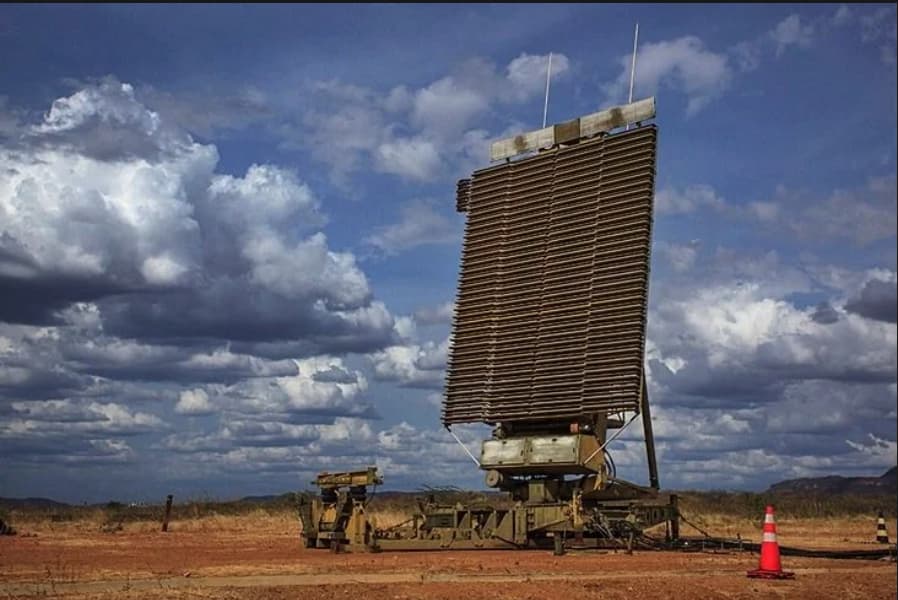I came across some info about radar-based drone detection and wanted to start a discussion about how useful this tech actually is, especially in active combat zones. Both active and passive radar seem to play a role, but I wonder how well they hold up when it gets serious. Thoughts?
In a serious war, the signals passive radar relies on would probably disappear pretty fast.
Tal said:
In a serious war, the signals passive radar relies on would probably disappear pretty fast.
Why would that happen? There are still plenty of RF signals out there. Even in the Ukraine conflict, cell towers, satellites, and other RF sources are still active. What makes you think they’d just vanish?
@Jensen
Look up HARM missiles. Once a military wants air superiority, how long do you think high-powered radar will last?
Luca said:
@Jensen
Look up HARM missiles. Once a military wants air superiority, how long do you think high-powered radar will last?
There are ways to deal with HARM missiles. Vietnam figured it out decades ago. There are mobile radars, decoys, and even stationary systems that can work together. The battlefield isn’t just one big open space; it’s complex. Are you talking about all of Ukraine? Parts of Israel? Russia? All those areas are currently using radar systems in one form or another, even with drones and missiles in play.
@Tatum
The US hasn’t fully committed air power to those regions. If it did, high-powered radar wouldn’t last long in the areas they targeted. This wouldn’t just be about HARM missiles but an overall strategy to neutralize radar.
@Luca
The US’s involvement in Ukraine is a bit different. Every war has its own challenges. Even Iraq and Afghanistan were approached differently. Right now, Ukraine and Russia are using both active and passive radar in combat. If we imagine a ‘total war’ scenario where the US rolls in with stealth jets and missiles, it would also mean tactical nukes and Taiwan could come into play. How do you protect supply chains, manage limited resources, and keep producing missiles during a global shortage? The current battlespace has constraints, and radar is actively being used despite them.
@Luca
Saying it is one thing, but making it happen is another. It’s not always as easy as it sounds.
Sky said:
@Luca
Saying it is one thing, but making it happen is another. It’s not always as easy as it sounds.
Do you honestly think the US couldn’t gain air superiority quickly if they decided to go all-in?
@Luca
The US could do it, but it wouldn’t be without risks. These things take time and planning—it’s not instant.
@Jensen
Passive radar isn’t useful without strong signals, and those would be the first to go in a real fight.
